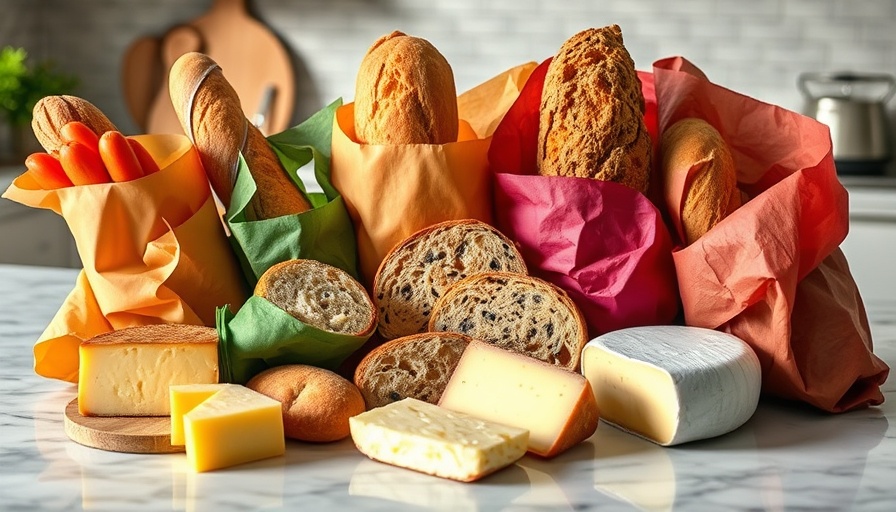
Rethinking the Plastic-Packed Kitchen
What if every kitchen swap, big or small, could contribute to a healthier planet? While our kitchens have become synonymous with convenience, they’ve produced countless plastic waste and harmful microplastics. With more studies linking exposure to products like BPA and phthalates to health issues, including hormonal imbalances and developmental disorders, making a change is both beneficial and necessary. Surprisingly, replacing plastic items with eco-friendly alternatives can be seamless.
The Not-So-Hidden Health Risks of Plastic
Research suggests that the average individual ingests about a credit card’s worth of microplastics weekly, raising serious health risks. As noted by the Mayo Clinic, BPA exposure is a particular concern due to potential effects on the brain and prostate glands in children. Even substitutes like BPS and BPF have shown to be harmful.
Environmental Impact of Plastics
Plastics not only endanger our health but also wreak havoc on the environment. Millions of tons of plastic enter our oceans annually, harming wildlife. According to the Journal of Environmental Technology & Innovation, plastics can be harmful conduits for other pollutants, significantly affecting marine ecosystems.
Top Swaps to Consider
Here are several viable replacements that can revamp your kitchen:
1. Food Storage Alternatives
Replace plastic wraps with beeswax or plant-wax wraps. These alternatives not only create an airtight seal but are compostable and beneficial for food preservation. Studies show that plastic wraps can leach harmful chemicals into food, while beeswax wraps remain safe for your health.
2. Ditch the Plastic Containers
Instead of plastic lunchboxes, opt for glass or stainless steel containers. Not only do they hold up well under heat, but they also negate the risk of harmful microplastics transferring into your food.
3. Shop with a Conscience
Eliminate plastic produce bags by bringing your own fabric produce bags. Just a few cotton bags can save hundreds from being used once and discarded. You can fill these up with loose vegetables, supporting local markets that may use less packaging.
4. Upgrade to Glass Dishes
Shop for clear glass jars and containers for your refrigerator. These products are durable and will not degrade or leach chemicals into your food, unlike aging plastic. The quality of glass lasts, ensuring safety through multiple uses.
5. Go Natural with Cleaning Tools
Replace synthetic scrubbing brushes with natural-bristle brushes and cellulose sponges. These options are biodegradable and won't shed microplastics while cleaning up messes.
The Big Picture: Long-Term Changes
Making these swaps isn’t merely an aesthetic improvement; it’s a step towards sustainability. By choosing durable, sustainable materials like wood, glass, and stainless steel over disposable plastics, we pave the way for healthier homes and a cleaner environment.
Your Role Matters
As consumers, we have the power to shift markets through our purchasing decisions. If we advocate for businesses that prioritize eco-friendly practices, we can help eliminate toxic plastics from our kitchens and beyond!
Are you ready to make the change? Join the plastic-free kitchen movement today and start your journey towards a healthier home!
 Add Row
Add Row  Add
Add 




Write A Comment